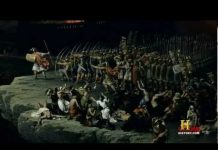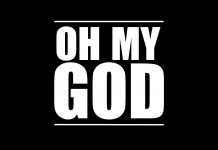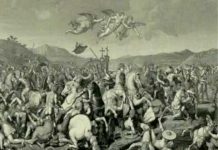The Lost Gospels, presented by Anglican priest Pete Owen Jones, is a fascinating exploration into the huge number of ancient Christian texts that didn’t make it into the New Testament. Shocking and challenging, these were works in that presented a Jesus who didn’t die, who took revenge on his enemies and who kissed Mary Magdalene on the mouth. This Jesus is unrecognisable from that found in the traditional books of the New Testament. Pete travels through Egypt and the former Roman Empire looking at the emerging evidence of a Christian world that’s very different from the one we know. He discovers that in addition to the gospels of Mark, Matthew, Luke and John, there were over 70 gospels, acts, letters and apocalypses circulating in the early Church. Through these lost Gospels, Owen Jones reconstructs the intense intellectual and political struggles for orthodoxy that were fought in the early centuries of Christianity, a battle involving different Christian sects, each convinced that their gospels were true and sacred. The worldwide success of Dan Brown’s The Da Vinci Code has sparked new interest about the origins of the Christian faith. Pete Owen Jones sets out the context in which heretical texts like the Gospel of Mary emerged. He also strikes a cautionary note: if these lost Gospels had been allowed to flourish, Christianity may well have faced an uncertain future, or perhaps not survived at all. The documentary, although a great feat of scholarship falls short of exploring some other important manuscripts such as the Gospel of Judas and the Gospel of Barnabas. It also fails to eplore the evidences in the gospels of the other possibility of Christ’s nature: that he was entirely human. However, the question that really needs to be asked is: isn’t God himself supposed to decide what comprises of His book?
POPULAR PICKS
LATEST ADDITIONS
© Copyright 2017-2022 - Gratis Global Ltd. All rights reserved.

































